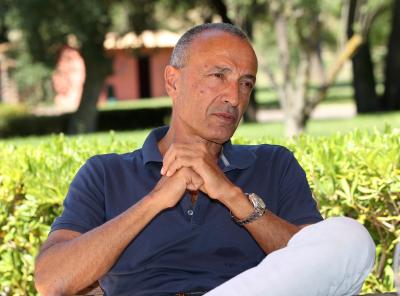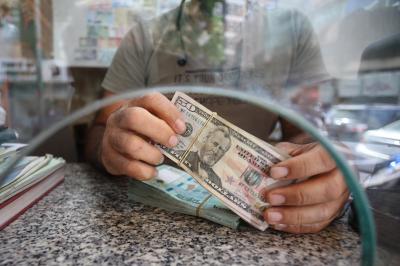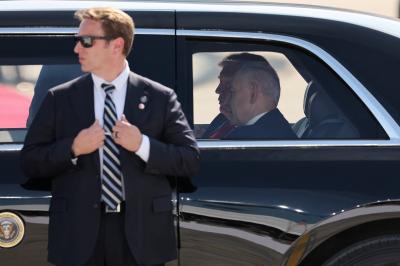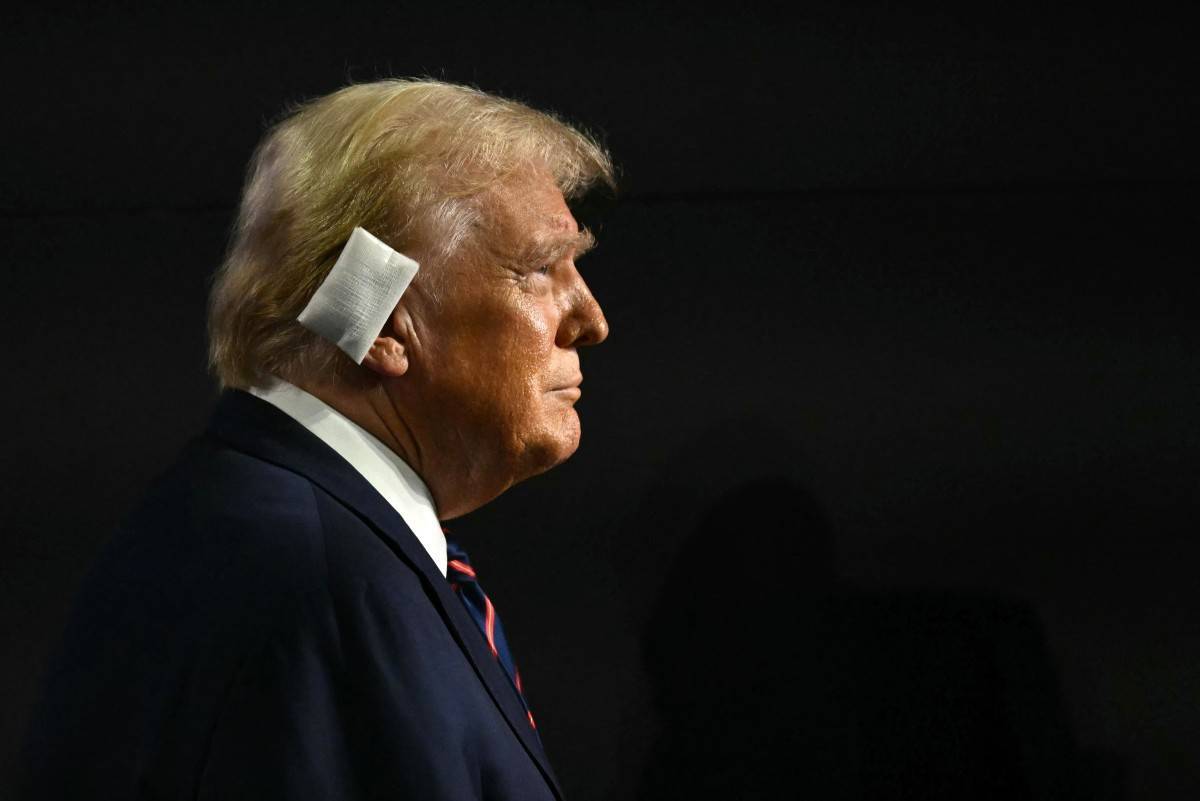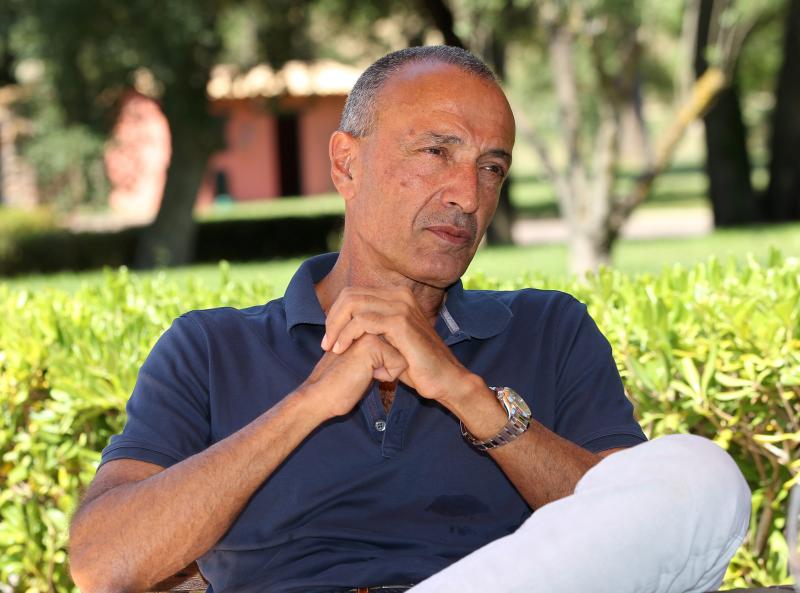While the assassination attempt on former U.S. President Donald Trump was shocking, it was not surprising. Violence is inherent in U.S. politics and has always played a major role in determining the winners and losers of internal conflicts, ever since Confederate actor John Wilkes Booth assassinated President Abraham Lincoln in 1865, just as the country was emerging from a devastating civil war.
As U.S. security services continue to investigate the motivations that drove 20-year-old Thomas Matthew Crooks to take his father's AR-15 semi-automatic rifle and shoot at Trump (similar to John Hinckley, who did so to attract actress Jodie Foster's attention by attempting to assassinate Ronald Reagan in 1981), the bullet that grazed the top of the right ear of the Republican presidential candidate has dramatically changed the political landscape and established a new political reality in the country. This recalls previous assassinations and assassination attempts, particularly those that marked the 1960s, with the assassination of civil rights leader Martin Luther King, followed by that of Democratic candidate Robert Kennedy, and the assassination of his brother, President John F. Kennedy, before him.
Many commentators in the American media believe that Trump won the election as soon as a sniper's bullet grazed him. He got up surrounded by Secret Service agents who protected him, raising his bloodied fist to ask his supporters to continue to "fight."
Former President Richard Nixon himself acknowledged that he would not have won the 1968 election if Robert Kennedy had not been assassinated by Sirhan Sirhan on June 5 of the same year in Los Angeles, California. Joe Biden himself benefited from the "Black Lives Matter" movement, which organized large protests after the asphyxiation death of African American George Floyd under the knee of a white police officer in Minneapolis, Minnesota, on May 25, 2020, before the start of the election campaigns.
Today, Republicans, including moderates and populists, hold Joe Biden responsible for encouraging hate speech and extremism by constantly asserting that Trump represents "an existential threat to democracy" and that these elections will be the last free ones in the United States if Trump wins next November.
Trump will exploit the assassination attempt politically to its limits, even if he adopts a soothing discourse and calls for the unity of Americans. His supporters see this attempt as confirmation of what the former president has been claiming since he left the White House—that he is the target of a relentless war waged by the "deep state," manifested in his two impeachments by Congress and the judicial proceedings after he left the White House, aiming to convict him, imprison him, and prevent him from running again, up to this attempted murder while he was speaking at a Republican rally in Butler, Pennsylvania, last Saturday.
Trump will exploit the assassination attempt politically to its limits
From today, as Trump officially announces his acceptance of the Republican Party's nomination and after choosing Ohio Senator J.D. Vance as his running mate for Vice President, the Republican campaign will gain considerable momentum, supported by the sympathy of many independents for a candidate who survived an assassination attempt.
Conversely, the Democratic campaign is sinking into chaos. Joe Biden still refuses to withdraw from the presidential race, despite calls from many party leaders and major donors, due to what they perceive as a blatant physical and mental weakness, especially during the first presidential debate with Trump in Atlanta on June 27. Biden firmly denies any health issues and claims he is still the only one within the party capable of beating Trump, as he did in 2020. However, the facts show otherwise, with opinion polls giving Trump an advantage of 6 to 8 points in key states, including Wisconsin, Michigan, and Pennsylvania. Without the votes from these states, Biden will not be able to secure a second term in the White House.
Influential Democrats fear that Biden's political legacy, if he persists in running at the Democratic convention in Chicago in mid-August, will be leading the party to lose the White House as well as both chambers of Congress in November. Biden believes that his mission, begun four years ago, is not yet complete and that he needs four more years. He claims that his achievements in infrastructure, the economy, and immigration surpass those of any other U.S. president, and cites his success in unifying NATO and challenging Russian President Vladimir Putin in Ukraine as proof of his global leadership. Adopting a strategy similar to Trump's, who presents himself as the savior of America against the threat of the far left if the Democrats remain in power, Biden positions himself as the guardian of democracy and the savior of America against "fascism" in case of a Republican victory.
These two discourses exacerbate polarization in a society increasingly prone to violence in recent years. Trump has transformed the Republican Party, once Reagan conservative, into a fully populist party. The choice of Vance as vice president reflects his desire to perpetuate this populist message within the party beyond 2028. Despite his apparent weakness, Biden refuses to acknowledge that it is time to pass the torch to a new generation, rather than leading the Democrats into the unknown.
Please post your comments on:
[email protected]
 Politics
Politics
